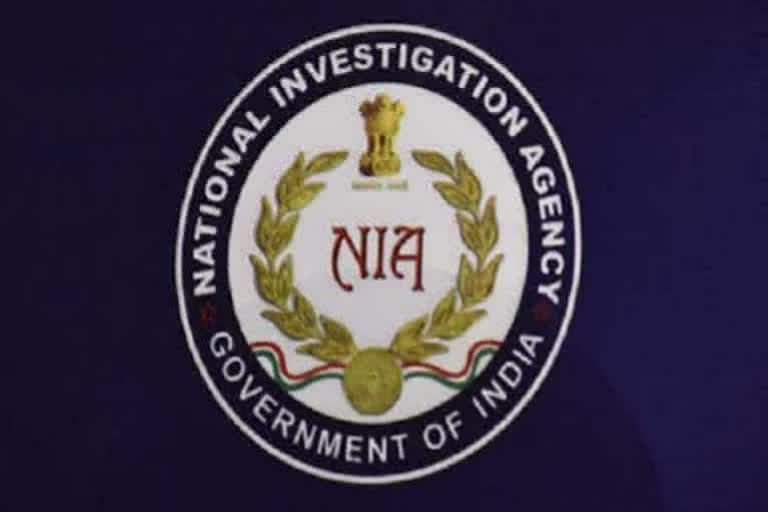New Delhi: With the increasing use of social media platforms by terrorist organizations to radicalise youths, the National Investigation Agency (NIA) following continuous investigation was able to decode different layers of such platforms. Accordingly, the anti-terror agency has also started keeping a close watch on activities in social media.
A senior NIA official told ETV Bharat that the terrorists especially the radical Islamic fundamentalists start making friends with gullible youths through Facebook, Instagram and Twitter. "Once they (the terrorist organization) find someone attracted towards their thinking and approach, members of radical organisation start interacting with them through direct message," the NIA official said.
Once the person is convinced, he is being asked to get himself involved in their activities. "After radicalising the youths, they are being communicated through encrypted platforms," the NIA official said. And here lies the challenge for the security agencies. "Many of the times it is very difficult to crack the encrypted communication," the official said.
Also Read: Army guns down three terrorists in Uri; seizes huge cache of weapons
Later on, the terrorist organisations maintain the communication through Telegram which offers encryption. In Telegram, there is a passcode lock, which is an inbuilt option and which is required to use the chat function each time the app is opened. The NIA has also found that the terrorists of late are using the Threema application as well as its desktop version because it leaves a minimal digital footprint making it almost impossible to be traced down.
While probing Kerala Islamic State (IS) module case, NIA has found that terror group operatives in India have been using much more secure messaging applications like Hoop and Rocket Chat for communicating with their handlers and also to share materials to radicalize potential targets for recruitment. "On many occasions, members of the terror organization have been found running various IS propaganda channels on different social media platforms for propagating their ideology and recruiting new members," the official said.
Since its adoption by ISIS in 2018 and by Al Qaeda about a year later, Rocket Chat has remained one of the most reliable platforms for online jihadi communication.
The Slack-like platform enables jihadist groups to converse with their supporters and to disseminate both official and unofficial propaganda via servers they control and operate.
Also Read: Appoint panel to probe deaths due to lack of oxygen: Delhi HC
The NIA busted first-of-its-kind case in which an extensive terrorist conspiracy involving online radicalization was hatched on cyberspace in the aftermath of the declaration of the Islamic Caliphate by Abu-Baqar-Bagdadi in 2014, and Yusuf Al Hindi alias Shafi Armar, based in Syria had slowly radicalized a number of people and motivated them towards violent jihad as propagated by ISIS.
NIA court last year convicted 15 accused of establishing ISIS base in India by recruiting Muslim youth by using social media platforms. During the investigation, it was found that the convicted persons had formed an organisation by the name Junood-ul-Khilafa-Fil-Hind (a group seeking to establish Caliphate in India and pledging allegiance to ISIS) to recruit Muslim youths to work for ISIS and commit acts of terrorism in India.
"In the recent incidents also where many suspects have been arrested from Kerala, it was found that they were radicalized through social media platforms," the NIA official said.
Also Read: Capt hits back at Congress after party says no space for anger in politics



